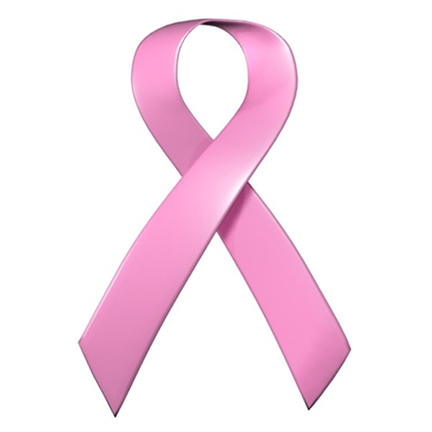A survey of women living with advanced or metastatic breast cancer found that many feel left out by breast cancer advocacy groups focused on prevention, early detection and research for a cure.
Novartis Oncology surveyed 1,300 women with the disease in 12 countries for its “Count Us, Know Us, Join Us” survey and found that nearly two-thirds feel no one understands what they’re going through, while two in five feel isolated from the larger breast cancer awareness movement.
“When first diagnosed with breast cancer, women are instantly part of a vibrant breast cancer support community,” said Maria Caleffi, MD, of the Brazilian Federation of Philanthropic Institutions to Support Breast Health (FEMAMA), in a statement. “But when their cancer metastasizes or if they are first diagnosed with metaststic breast cancer, it is no longer about becoming a survivor – it’s about surviving.”
An estimated 250,000 women are living with advanced breast cancer worldwide. Beyond its early stages (I and II), when the disease is confined to the lymph nodes, the cancer typically spreads to the lungs, liver and bones.
The survey is part of Novartis’ efforts to promote advancebreastcancercommunity.org, a patient site the company relaunched in October, which is Breast Cancer Awareness Month in the US. The site, which includes links to patient videos, news and resources, initially launched with financial support from Bristol-Myers Squibb.
Novartis’ Afinitor and Femara are indicated for the treatment of breast cancer.
The survey found that while 77% of women said they actively seek out information on the disease, nearly half (45%) say it’s hard to find, and more than half (55%) say the available info does not address their needs. Eight in ten say they get enough support from their oncologists, but 41% say support from family and friends wanes over time, and 76% want healthcare professionals to address their emotional needs, while 35% say more info about decreased sexual interest should be made available to sufferers.
The survey comes a week after actress Angelina Jolie revealed in The New York Times that she had undergone a double mastectomy after learning that she carried a genetic mutation that made her highly susceptible to the disease, which claimed her mother.








